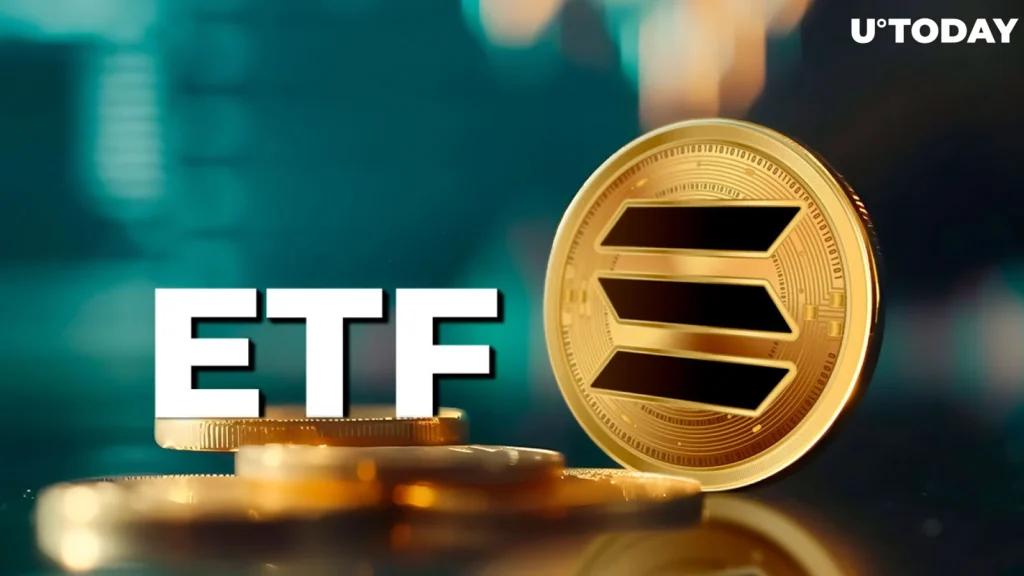Decentralized finance (DeFi) is a new and rapidly growing financial system that is built on blockchain technology. DeFi applications allow users to lend, borrow, trade, and invest in cryptocurrencies without the need for intermediaries such as banks and financial institutions.
The growth of DeFi has raised several regulatory challenges. Regulators are concerned about the potential for DeFi to be used for money laundering, fraud, and other illegal activities. They are also concerned about the risks to consumers who use DeFi applications, as there is no government protection for deposits or investments made in DeFi applications.

Current State of DeFi Regulation
There is currently no comprehensive regulatory framework for DeFi. However, several regulators around the world are developing regulations for DeFi.
For example, in the United States, the Securities and Exchange Commission (SEC) has cracked down on several DeFi projects that it alleges are selling unregistered securities. The Commodity Futures Trading Commission (CFTC) has also issued guidance on the regulation of DeFi derivatives.
In Europe, the European Commission is developing a regulatory framework for cryptocurrencies and DeFi.
Challenges and Opportunities for DeFi Regulation
One of the key challenges of regulating DeFi is that it is a decentralized system. This means that there is no central authority that can be held responsible for the actions of DeFi users or developers.
Another challenge is that DeFi is a rapidly evolving ecosystem. New DeFi applications are being launched all the time, and it can be difficult for regulators to keep up.
Despite these challenges, there are a few potential opportunities for DeFi regulation. Regulation can help to protect consumers from fraud and other risks. It can also help to promote innovation and growth in the DeFi ecosystem.
Potential Approaches to DeFi Regulation
There are a few different approaches that regulators could take to regulating DeFi. One approach is to regulate DeFi applications as financial services. This would involve requiring DeFi applications to register with regulators and to comply with financial regulations such as antimoney laundering and know-your-customer requirements.
Another approach is to regulate DeFi applications as security. This would involve requiring DeFi applications to register their tokens with regulators and to comply with securities regulations.
A third approach is to regulate DeFi applications as commodities. This would involve requiring DeFi applications to register their derivatives with regulators and to comply with commodity regulations.
The best approach to regulating DeFi will depend on the specific facts and circumstances of each case. Regulators will need to balance the need to protect consumers with the need to promote innovation and growth in the DeFi ecosystem.
Conclusion
The regulation of DeFi is a complex and challenging issue. There is currently no comprehensive regulatory framework for DeFi, but a few regulators around the world are developing regulations for DeFi.
It is important to note that the regulation of DeFi is still in its early stages. It is likely that we will see several different approaches to DeFi regulation emerge in the coming years.
The Future of DeFi Regulation
The future of DeFi regulation is uncertain. It is possible that we will see a global regulatory framework for DeFi emerge. However, it is also possible that we will see different countries adopt different approaches to DeFi regulation.
The best way to ensure that DeFi regulation is fair and effective is for regulators to engage with the DeFi community. Regulators need to understand the benefits and risks of DeFi, and they need to work with the DeFi community to develop regulations that promote innovation and protect consumers.
Disclaimer
FAQ
DeFI stands for decentralized finance, offering open and accessible financial systems built on blockchain technology.
Yield farming involves earning interest by lending or staking cryptocurrencies.
Layer 1 blockchains are the primary networks (e.g., Ethereum), while layer 2 blockchains scale and improve performance on top of them.


